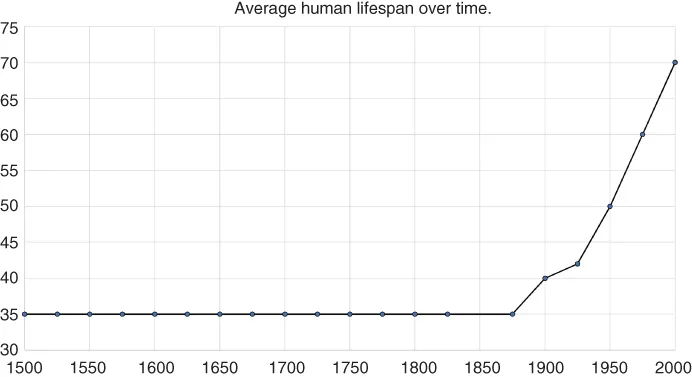
Engineering Project Management
Neil G. Siegel
- English
- ePUB (handyfreundlich)
- Über iOS und Android verfügbar
Engineering Project Management
Neil G. Siegel
Über dieses Buch
A hands-on guide for creating a winning engineering project
Engineering Project Management is a practical, step-by-step guide to project management for engineers. The author – a successful, long-time practicing engineering project manager – describes the techniques and strategies for creating a successful engineering project. The book introduces engineering projects and their management, and then proceeds stage-by-stage through the engineering life-cycle project, from requirements, implementation, to phase-out. The book offers information for understanding the needs of the end user of a product and other stakeholders associated with a project, and is full of techniques based on real, hands-on management of engineering projects.
The book starts by explaining how we perform the actual engineering on projects; the techniques for project management contained in the rest of the book use those engineering methods to create superior management techniques. Every topic – from developing a work-breakdown structure and an effective project plan, to creating credible predictions for schedules and costs, through monitoring the progress of your engineering project – is infused with actual engineering techniques, thereby vastly increasing the effectivity and credibility of those management techniques.
The book also teaches you how to draw the right conclusions from numeric data and calculations, avoiding the mistakes that often cause managers to make incorrect decisions. The book also provides valuable insight about what the author calls the social aspects of engineering project management: aligning and motivating people, interacting successfully with your stakeholders, and many other important people-oriented topics. The book ends with a section on ethics in engineering.
This important book:
- Offers a hands-on guide for developing and implementing a project management plan
- Includes background information, strategies, and techniques on project management designed for engineers
- Takes an easy-to-understand, step-by-step approach to project management
- Contains ideas for launching a project, managing large amount of software, and tips for ending a project
Structured to support both undergraduate and graduate courses in engineering project management, Engineering Project Management is an essential guide for managing a successful project from the idea phase to the completion of the project.
Häufig gestellte Fragen
Information
1
The Role and the Challenge
1.1 Introduction
- “Project.” By this word, we mean a deliberately undertaken endeavor to create something that we believe will be of value. This desired result might be a tangible artifact (“product”), or it might be a service. We might plan to use it ourselves, or we might be planning to offer it for sale.
- “Engineering project.” By adding the modifier “engineering,” we now indicate that the methods we will use to create this result involve “engineering.” By this we mean the methods that we will use depend significantly on the application of technology and technological concepts in order to achieve a practical effect. Other disciplines – such as finance, art, and so forth – may also be made use of in order to create our desired product or service, but by identifying this as an “engineering project,” we are indicating that we consider the role played by the application technology and technological concepts to be central to the success of the project.
- “Engineering project management.” By adding this third word, we have moved from focusing on the desired end result (that is, the product or service that we intend to create) to focusing on the process and method by which we will create it. By management, herein we mean the notion of planning and organizing the activities that will create the desired end product or service – e.g. things that are done before we start the actual project. It has the additional connotation of providing leadership to that activity while the effort is underway – e.g. things that are done during the conduct of the actual project.
1.1.1 Why Do We Care About Engineering Project Management?
- Engineering projects are vital for society.
- Engineering projects are “of the essence” to business – they are the only source of revenue for many companies – and the creator of new methods and new products for almost every organization (business, government, non‐profit, etc.).
- Being the manager of an engineering project is a great job!
The most important human accomplishment of the last 2000 years is the doubling of the average length of human life.

- Water treatment and delivery
- Sewage treatment and transport
- Motor‐powered tractors
- Motorized transport and delivery
- Large‐scale electricity generation and delivery
- Affordable, mass‐scale refrigeration
- Canning and other mass‐scale food storage/preservation techniques
- … and so forth.